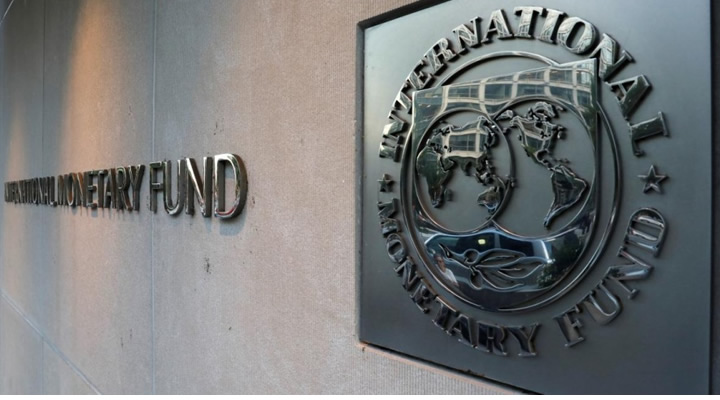
IMF Reports Interest Rate Hikes Impacting Housing Markets
The International Monetary Fund (IMF) has reported that the recent interest rate increases by central banks, aimed at controlling inflation, are hindering the growth of housing markets and making mortgages less accessible.
This analysis was part of the IMF’s Global Economic Outlook released during the IMF/World Bank Spring Meetings, under the theme “Steady but slow: Resilience amid divergence.” The report indicates that these hikes have led to a noticeable rise in both house prices and mortgage rates.
According to the IMF, since the onset of the rate increase cycle, house prices have remained high by the end of 2023 across many countries, putting financial pressure on households. From late 2021, central banks globally have been raising policy rates significantly to stabilize prices.
Despite expectations from many analysts that higher interest rates might trigger a slowdown or recession, the global economy has maintained a steady growth rate. In Nigeria, for instance, the monetary policy committee, led by CBN Governor Olayemi Cardoso, raised the benchmark interest rate by six percent to 24.75 percent in just two meetings as an inflation countermeasure, following seven consecutive hikes under the former CBN Governor, Godwin Emefiele. Subsequently, Nigeria’s inflation rate accelerated to 33.2 percent in March.
Read also:
The Benefits of Buying Estate Plots in Nigeria
Top Cement Manufacturers in Nigeria
Effect of insecurity on Nigeria Real Estate
The IMF has explored how specific policies impact mortgage and housing markets across different nations. The findings suggest that prolonged high interest rates will likely increase financial strain on households, particularly in economies where fixed-rate mortgages are uncommon, buyers are highly leveraged, household debt is elevated, housing supply is restricted, and house prices have recently spiked.
The report warns of the potential long-term risks if high rates are sustained, noting that economic activity related to housing can vary greatly between countries and has generally weakened in several markets recently.
Additionally, the IMF noted variations in house prices across different countries during the monetary policy tightening phase. While nominal house prices dropped in about one-third of the countries analyzed—a rare occurrence—they continued to rise in others.
The report further discusses the potential risks of overtightening or maintaining high rates for an extended period, especially as fixed-rate mortgages with short fixation periods become more common, which could abruptly enhance the effectiveness of monetary policy transmission and negatively impact consumption.
Ultimately, the IMF’s insights highlight the complex interplay between monetary policy, housing markets, and economic stability, emphasizing the need for careful policy calibration to manage housing affordability and economic growth effectively.






